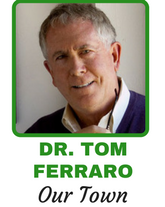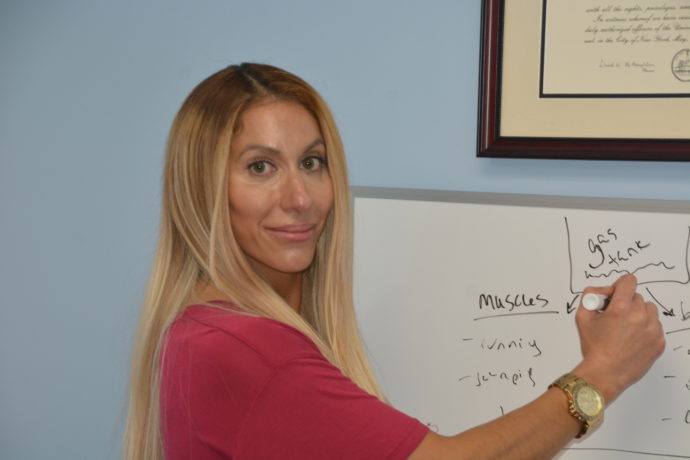
Much of life is centered on food.
This is true for non-athletes but also for the serious athlete as well. Professional sports teams are so concerned with controlling dietary intake on game day that the players are asked to show up early and their food intake is carefully supervised by the team.
This is true in soccer, football and baseball.
However, the amateur athlete is given no such guidance and frequently they’re left to figure things out on their own. And when this happens they invariably get things wrong. There are numerous myths about what is the optimal diet and fuel intake for serious athlete so in order to clarify things and provide some guide lines for the serious amateur I turned to Cristina Rivera, MS, RD, CSSD, my go to person when I have an athlete that needs dietary help. Cristina has worked with many teams and individual athletes in a variety of sports ranging from boxing all the way to baseball.
And make no mistake about it every athlete I have ever worked with would benefit from an expert in nutritionist. I sat with Cristina in her office at 585 Stewart Ave. in Garden City and picked her brain. Here are a few tidbits of wisdom straight from her mouth to your ears.

1: “On the most general level good nutrition for the athlete consists of eating a balanced diet with protein, carbs and fats. They need to understand that their bodies are like their cars and need fuel. And this fuel is essential for their muscles to function and for their brains to stay focused as well.
The brain needs about 235 grams of carbohydrates each day in order to stay focused and the muscles need about 500 grams of carbs to function with power.” (I was amazed and not at all surprised to hear her say this. I have long believed that my work as a therapist and as a writer burns up almost as much energy as a marathon runner.)
2: “Hydration is important in all sports and the athlete will typically lose about seven pounds of fluid during a day practice in football, soccer, basketball, tennis or taekwondo. What the athlete must learn to do is to hydrate with sports drinks before, during and after every practice or game.”
3: “Golfers should always bring snacks with them as they play and these should be either a peanut butter and jelly sandwich cut in quarters, pretzels, nuts or dried fruits.
Golfers need to maintain a good sense of balance and precise concentration and this only comes with proper nutritional fuel. Golfers are out in the sun for many hours and should realize that their bodies need fuel.”
4: “Prior to competition vomiting and defecation are often produced because the athlete is about to enter battle, the body has a fight or flight reaction and does not want to waste energy on digestion.
In a way this is adaptive but the long term nature of sports means that the body needs fuel so proper nutritional strategies must be inputted at the right time so that these physical reactions can be avoided.”
5: “Compliance with proper nutritional guidance can be a problem and what I do is rely upon thorough education so that the athlete understands the reason for the nutritional changes I ask of them.
It is best to see dietary changes as a gradual lifestyle change rather than in trying to reach a certain weight.”
6: “I recommend athletes look at dietary changes for weight loss by focusing on the benefits of increased energy rather than improved appearance.
Figure skaters, gymnasts, boxers and fencers often make efforts to cut weight but do so in inappropriate ways. This is when a good nutritionist can help quite a bit.”
Food can be a problem or a friend for the serious athlete and it’s not a stretch to say that in order to make your food a friend you ought to seek out and use some expert guidance in this area.
And when you do so you could not do better than to use Cristina Rivera or one of her associates right here in Garden City. Her number is (516) 280-4280 and her clinic is Nutrition in Motion.






